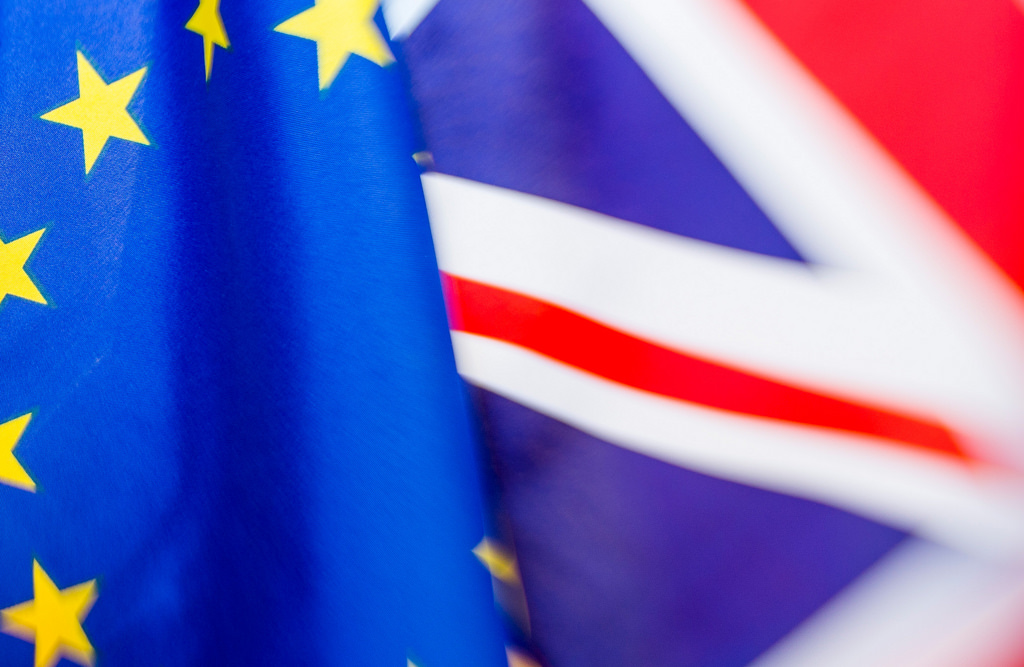France, Spain, Italy and the Greek islands have long been the retirement destinations of choice for Brits wanting to spend their later years benefiting from sun, sea and free universal healthcare.
Since Britain voted to leave the European Union last June, it has become increasingly clear that no one actually knows what Brexit will involve, particularly when it comes to the status of Brits living abroad – a large proportion of whom are retirees, meaning questions have been raised about their pensions and later-life healthcare access.
Declining pension funds
With regard to pensions, the forecast is unfortunately negative. On the whole, the sum expats have to live off throughout their retirement is declining, due to a variety of factors, including the falling value of the pound, rising inflation and general economic uncertainty.
Changes to uprating
Concerns have also been raised around uprating, which is the process where expats’ pension funds are increased slightly in line with inflation each year if they live within the European Economic Area.
However, if Britain leaves the single market – which will depend on the Brexit deal agreed by the winner of the upcoming general election on Thursday June 8th – uprating could come to an end. Mutual agreements would need to be struck between Britain and individual countries to secure its future, but it may never be implemented to the same extent again.
Restricted access to free healthcare
The free healthcare that British expats can benefit from after moving elsewhere in Europe could also be compromised depending on how Brexit negotiations pan out – something that wouldn’t just impact retirees, but emigrants of all ages. Several member states that have expressed disappointment at the UK’s decision to leave the EU have said they would consider restricting access to free healthcare for British expats in the future.
This would therefore mean that British expats would have to pay for private health insurance in case they should require medical care, creating extra expenses for Brits living abroad.
In addition, retirees requiring long-term care from carers in their homes could see this becoming more expensive following Brexit, as the declining pound could make specialist support workers more costly to employ, potentially leaving expats with some difficult decisions to make about their financial priorities.
Increased everyday outgoings
Similarly, everyday bills and expenses are also expected to increase for British expats, with the falling value of the pound likely to lead to higher utility bills and food costs, as well as impacting car finance and mortgage repayments.
As the pound is expected to continue to fall as more details about the reality of Brexit come to light, it may be a good idea for expats to transfer their money out of Britain, which many have already begun to do.
This can be expensive if done via a bank, so consider using a dedicated international money transfer service for better exchange rates.


